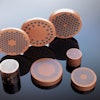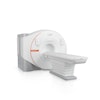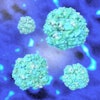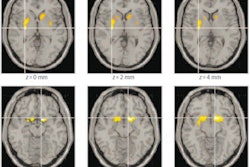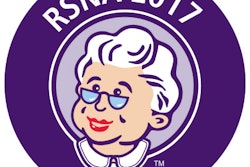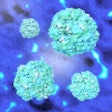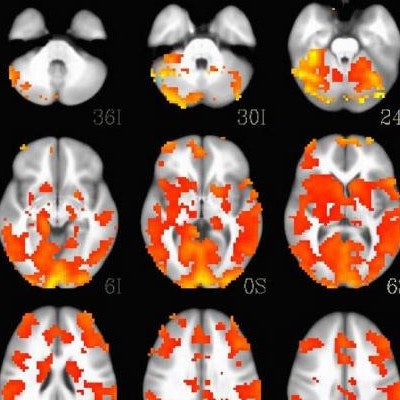
Can the same type of artificial intelligence (AI) technology used in fighter pilot combat simulation be used to predict how patients with bipolar disorder will respond to treatment? Yes, according to research published online in Bipolar Disorders.
Researchers from the University of Cincinnati (UC) College of Medicine used a machine learning-based system to predict how 20 patients with first-episode bipolar mania would respond to lithium treatment based on an analysis of their baseline functional MRI (fMRI) and proton MR spectroscopy exams.
In a proof-of-concept study, the AI algorithm yielded 100% accuracy in predicting how patients would respond to lithium, as well as 92% accuracy for estimating the actual reduction in manic symptoms eight weeks after treatment. In comparison, the best of eight common classification models used in treating bipolar disorder could only achieve 75% accuracy for predicting treatment response, according to David Fleck, PhD, and colleagues.
Bipolar disorder is a common and often lifelong illness. However, its causes are poorly understood, and it can be challenging to select the appropriate treatment, as there has been an explosion of treatments for mania.
To try to address the problem, Fleck and colleagues developed the Lithium Intelligent Agent (LITHIA), a linguistic machine-learning system based on "genetic fuzzy trees." This form of AI uses "fuzzy logic," an approach that relies on generalizations instead of specific definitions to compensate for uncertainty or statistical noise.
The "genetic fuzzy" AI constantly refines its answer, tossing out the lesser choices in a way that's analogous to the genetic processes of Darwinian natural selection, according to the researchers. As a result, it does not require a large statistical database to learn (Bipolar Disorders, June 2, 2017). The development of LITHIA is based in AI technology used for applications such as air-to-air combat, cybersecurity, and predictive analytics.
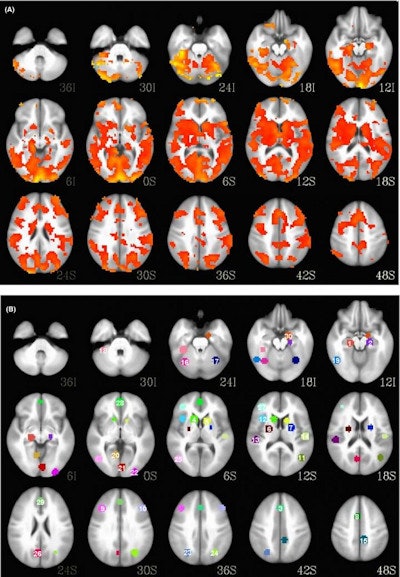 MRI scans of bipolar patient (top) and a healthy patient (bottom). Using functional MRI and proton MR spectroscopy studies, a machine learning-based system can accurately predict how bipolar patients will responds to treatment. Image courtesy of the University of Cincinnati.
MRI scans of bipolar patient (top) and a healthy patient (bottom). Using functional MRI and proton MR spectroscopy studies, a machine learning-based system can accurately predict how bipolar patients will responds to treatment. Image courtesy of the University of Cincinnati.The team tested LITHIA's performance in 20 patients with first-episode bipolar mania who had been given an adequate trial of lithium over eight weeks and had received both proton MR spectroscopy and functional MRI baseline studies. Of the 20 patients, 15 responded well to the treatment. For the sake of comparison, the researchers also tested eight common classification models currently used in the treatment of bipolar disorder.
While LITHIA was 100% accurate for predicting treatment response, the best of the eight classification models could only muster 75% accuracy, according to the group. What's more, LITHIA was able to project the reduction in symptoms at eight weeks with 92% accuracy.
The model could help personalize medicine to individual patients, making healthcare both safer and more affordable. Next, the University of Cincinnati researchers are working on a new study applying fuzzy logic to the diagnosis and treatment of concussions.



